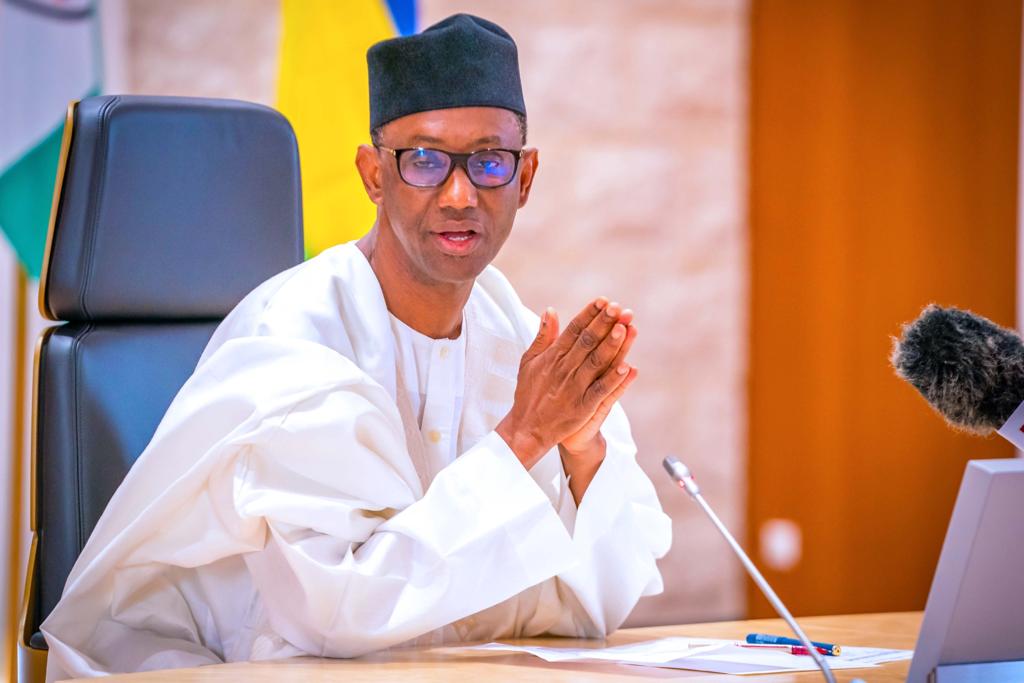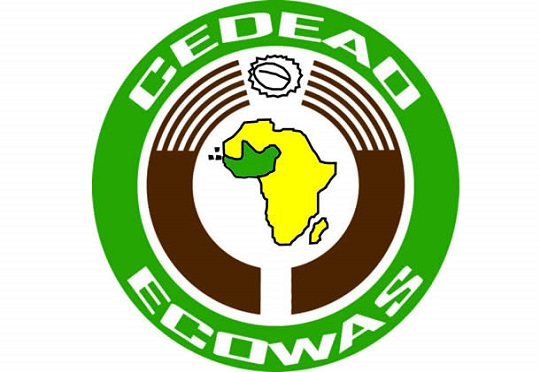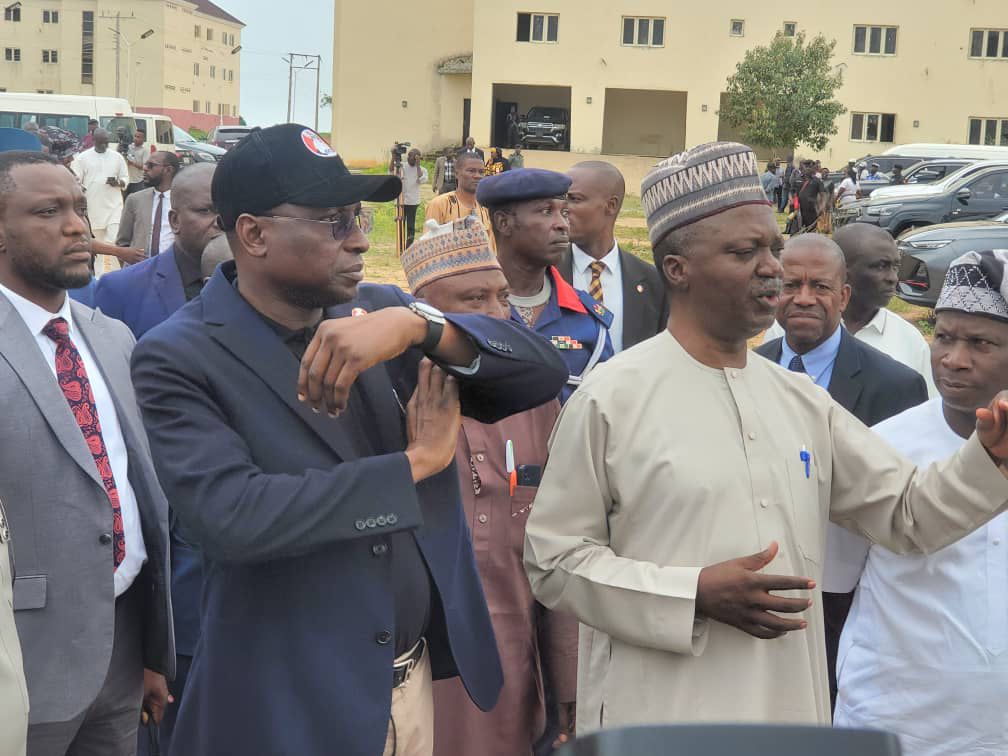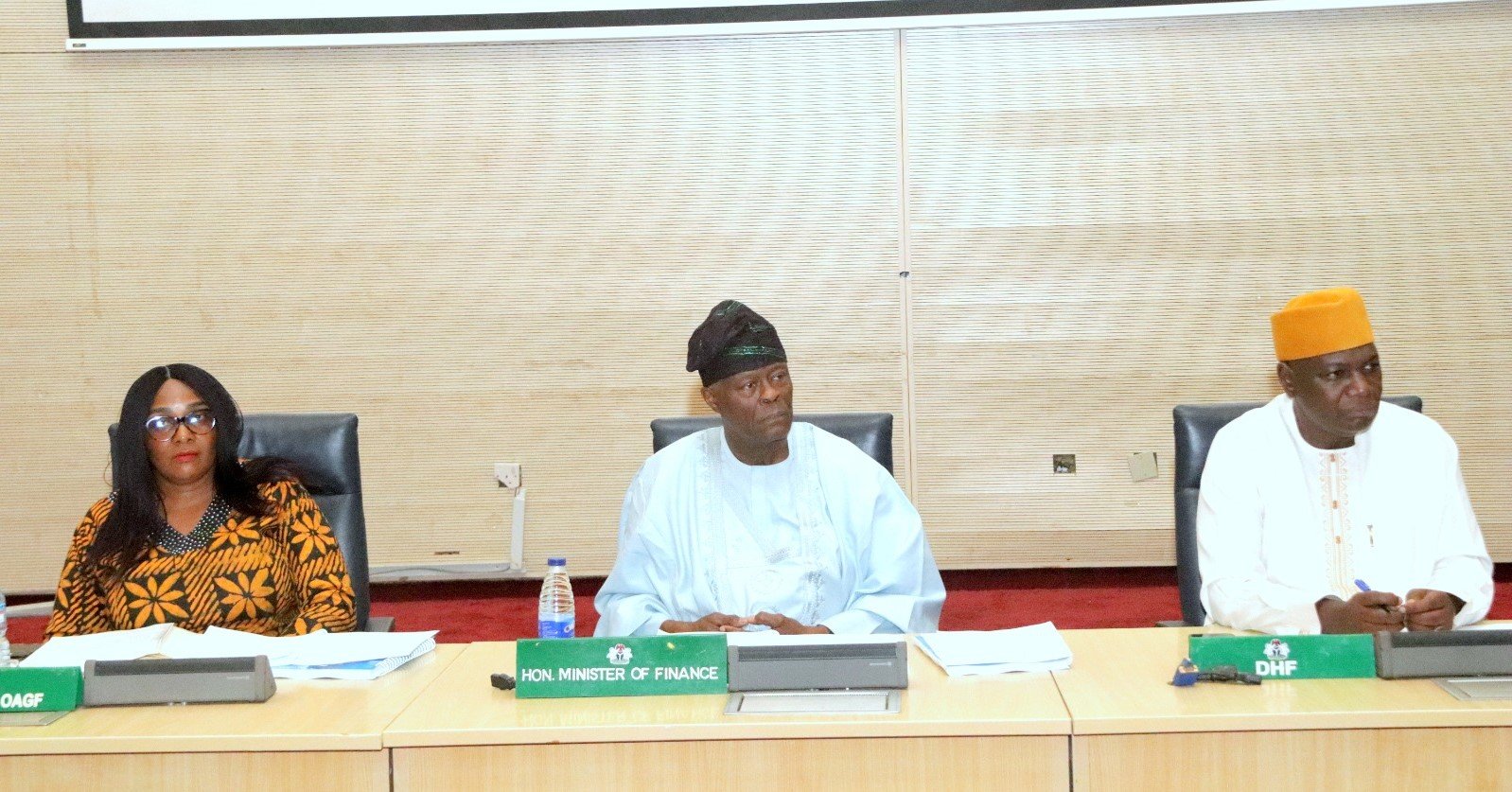TCN: FG Owes Us N457bn in Shortfall, Legacy Debts - THISDAYLIVE
•Sets up c’ttee to drive performance improvement
in Abuja
The Transmission Company of Nigeria (TCN) yesterday disclosed that it is currently owed N457 billion in electricity tariff shortfall and legacy debts by the federal government.
Speaking in Nasarawa state at a three-day media workshop for members of the Power Correspondents Association of Nigeria (PCAN) led by ObasEsiedesa, the Executive Director, Transmission Service Provider (TSP) of the company, OluwagbengaAjiboye, said that the amount comprises N217 billion in legacy debt.
He added that the TCN has already opened up discussions with the Ministry of Finance Incorporated (MOFI) for the debts to be repaid to free funds for transmission projects expansion.
“The market owes us about N457 billion as of March, being the market shortfall and legacy debts. We have traced N217 billion to legacy debts, and we are in discussion with MOFI to pay us something out of it,” Ajiboye said.
Nigeria’s electricity sector has been grappling with a deepening debt crisis that totals up to N4 trillion which threatens its stability and performance. At the heart of the issue is a complex chain of unpaid obligations in terms of subsidy backlog by the government.
Ajiboye further stated that the federal government is yet to sell off its five National Integrated Power Projects (NIPPs) because of the low prices the bidders are offering. This is coming after the government in 2023 announced its decision to sell the plants.
They include: The 434 megawatts gas-fired Geregu II power plant located in Kogi; 451MW Omotosho II plant in Ondo; 750MW Olorunshogo II plant in Ogun State; 563MW Odukpani power plant in Calabar, Cross River State, and the 451MW Benin-Ihovbor plant in Edo State.
At the programme themed: “Understanding the Critical Role of TCN in Nigerian Electricity Supply Industry (NESI),” Ajiboye stated that the TCN has about 8,701mw it can conveniently wheel currently, noting that investment in the sector remains critical for reliable power supply.
He added: “We have all known that all the Generation Companies (Gencos) have been privatised except the power stations under NIPP. The government has been going up and down, forward and backwards, either to privatise or sell or not to sell.
“The government is willing to sell, but the money being offered is not sufficient to cover the outlay of the investment.”
According to him, ageing infrastructure in the industry is accountable for the unavailable capacity across the distribution and generation sub-sectors, but added that the TCN is investing heavily in the sector.
Besides, he stated that the interaction with PCAN was necessary so as to fill any information gap between the media and the TCN, stressing that both parties remain partners in progress.
Meanwhile, the TCN has officially inaugurated its Performance Improvement Plan/Power Sector Recovery Operation (PIP/PSRO) Committee, effective from June 17, 2025.
The programme is an Order and a critical component designed by the Nigerian Electricity Regulatory Commission (NERC) to enhance the operational efficiency and financial sustainability of the power sector, in which TCN is a significant player, a statement by the General Manager, Public Affairs, NdidiMba, said.
According to the statement, it aims to identify and mitigate operational bottlenecks within the transmission network, enhance the reliability of electricity transmission, and reduce system losses. This can be achieved through improved maintenance practices, infrastructure upgrades, and better operational protocols.
During the inauguration, the Managing Director/CEO of TCN, SuleAbdulaziz disclosed that the NERC Order requires the establishment of a Committee comprising relevant stakeholders to oversee the implementation of the projects under the programme.
He emphasised that their mandate aligns with the NERC Order and the PSRO-AF Operation Manual, underscoring TCN’s commitment to sector recovery and performance improvement.
He therefore charged the committee members to collaborate with relevant stakeholders and coordinate activities to ensure the timely and efficient implementation, monitoring, and reporting of all projects under the PIP/PSRO.
In his remarks, the Executive Director, Ajiboye, reiterated to the Committee that the implementation of the PIP was to establish clear targets and performance indicators, thereby creating accountability among stakeholders, which will enable better governance and oversight.
The Chairman of the Committee, who also serves as the General Manager, Transmission Services at TCN, AliSharafai, assured the management of their commitment to ensuring that TCN adheres to national and international standards.
He also pledged that the company will adhere to regulatory requirements in resolving transmission challenges, thereby achieving a reliable and well-managed transmission system to encourage both local and foreign investments.












